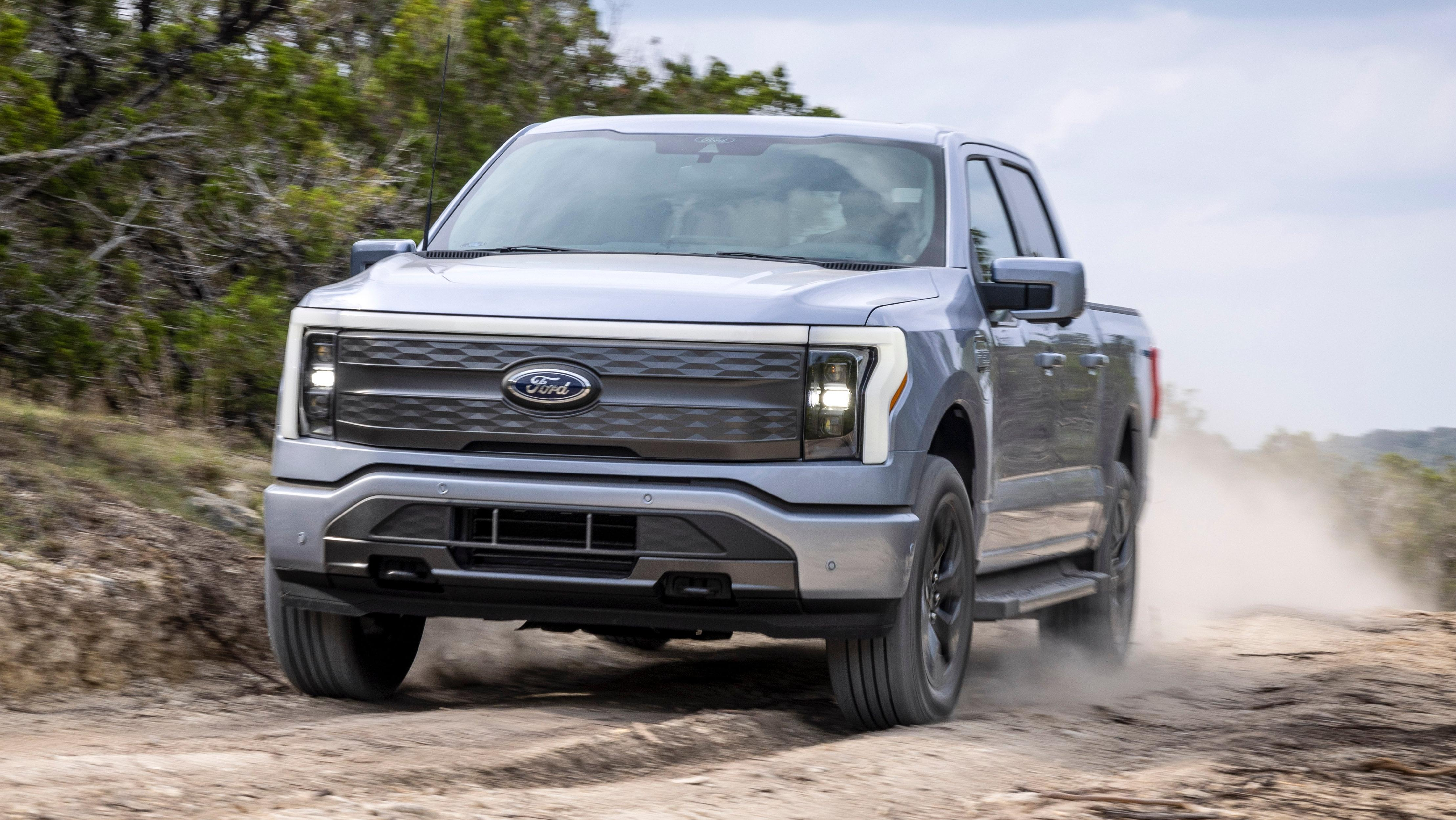How To Figure Out If An Electric Vehicle Will Save You Money
It can be a complicated process, but Consumer Reports has a helpful guide on how to crunch those numbers.
When I bought my first electric vehicle, saving money wasn't a huge priority. Since we were able to charge in the garage, I'm sure we did save money, but the Fiat 500e was also easy to park in Los Angeles' crowded Koreatown and only cost a little more than $5,000, which were higher priorities at the time. Plus, I just wanted to own an EV. But once you start looking at newer vehicles that cost more, the decision about whether it's worth it to pay a premium to go electric can get tricky.
Recently, Consumer Reports published its guide to figuring out whether or not you'll save money owning an EV. It's an in-depth look at different areas where you may or may not save money and why that's sure to be helpful for anyone who's seriously considering buying one, and it even includes a couple of comparisons to gas-powered alternatives that may or may not be better choices.
For example, you're probably better off buying a Ford F-150 Lightning instead of a similarly equipped Ford F-150 hybrid that gets about 20 mpg and only costs about $10,000 less. Per Consumer Reports' calculations, odds are, you'll likely come out ahead based on fuel cost savings alone. And that could be even more true when the upcoming shorter-range version comes out since it may be priced low enough to qualify for federal and state tax credits.
Beyond gas savings and potential tax credits, the guide discusses a number of other things to consider if you're hoping an EV will save you money. Improved reliability is a big one since a previous study that CR did found that maintenance and repair costs were about 50 percent lower than they were in similar gas-powered cars. Not all EVs are equally reliable, though, so you'll want to look at ones that have been on sale for at least a couple of years to let the automaker work out the first-year kinks.
Additionally, even if you're not typically one to consider leasing, it may actually make sense if you're in the market for an EV. That's because a $7,500 incentive now applies to leased EVs. If your income is too high to qualify for the federal tax credit, or the car you're interested in costs too much to qualify or isn't made in North America, leasing may be the way to go.
That's far from everything in the guide, though, so go ahead and check out the entire article here.
